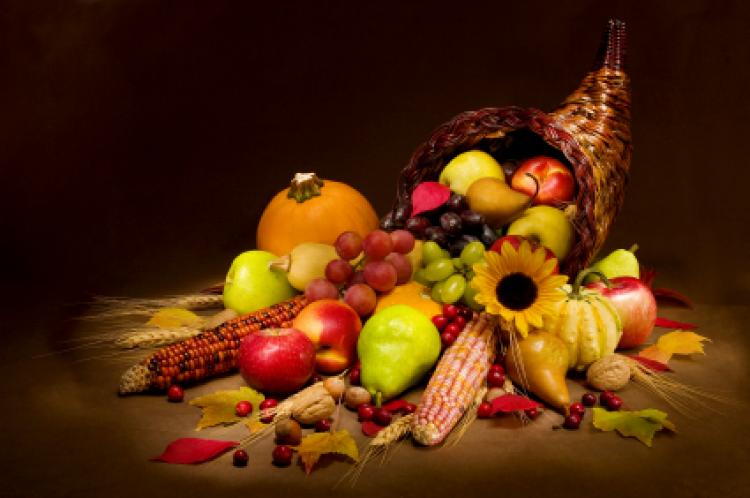The One Week People Are Gracious vs. The Other 51 They Are Not
December 12, 2016
Thanksgiving, as a holiday rooted in taking things away from people, has fortunately blossomed into a day dedicated to giving things back to people. During Thanksgiving, people often feel more inclined to do good deeds: they flock to homeless shelters, soup kitchens, halfway housing facilities, and more to lend their helping hand. This is because when forced to acknowledge what they are grateful for, people naturally notice the disparities between what they have and what others may have. They then try to diminish those disparities. Although it is redeeming that Thanksgiving inspires society to giving back, it is worth reviewing why society doesn’t give back regularly.
I view gratefulness in two lights: passive gratefulness and active gratefulness. Most days, people are passively grateful for all the blessings they have in their life. Thanksgiving, however, makes people actively grateful for all they have. When people are actively grateful, they want to give back to those with less than them. For example: I am always passively grateful that I never have to worry about where my next meal will come from. The spirit of Thanksgiving transforms this passive gratefulness into active gratefulness, which prompts me to cook food at a homeless shelter. Helping others acquire what you were either born into or have achieved is a way of paying homage to that which you have.
But what about the times when people don’t feel grateful? What happens to the disenfranchised then? Homeless people survive based off of society’s generosity- and look how poorly they fare most days of the year. Active gratefulness shouldn’t be the only driving force that urges people to give back. People, myself included, need to learn how to devote their time to community service without a holiday prompting them to do so. The holidays exude a sense of togetherness, but often times January rings in selfishness and rings out selflessness. It can be hard to feel grateful for absolutely anything when job deadlines emerge, the expenses from the holidays actualize, and an overall winter panic hits. It can also be difficult to motivate yourself to volunteer on a stressful Tuesday when you’re exhausted, have two hours of sports practice, and a ton of homework. But just remember- a portion of society can live in absence of your gratefulness, but cannot live in absence of your motivation to help them.
While it is positive that Thanksgiving encourages spontaneous generosity, Clay Dunn, a communications director at Share our Strength, says “hunger isn’t just a holiday issue.” Society can’t congregate only one time a year to give back to those in need, because those people need aid 365 days a year. Marymount’s Sailors for Service is an incredible program which connects students and faculty to volunteer opportunities all year long. Take advantage of it! According to Meals on Wheels of San Francisco CEO Ashley McCumber, more often than not, “the real need for volunteer support is when the hustle and bustle of the holiday season is over.” Partaking in the charitability that Thanksgiving inspires is good, but volunteering year round is great.













